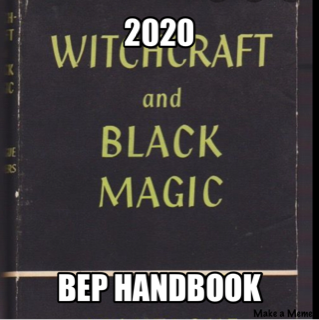I wrote earlier about legislation filed this session that would extend the life of failing Tennessee Virtual Academy (TNVA) operator K-12, Inc.
Now, legislation has been filed that would effectively kill K-12, Inc. in Tennessee.
HB 1331/SB 1363 by Rep. Mike Stewart and Sen. Jeff Yarbro, both of Nashville, would have the effect of ending K-12, Inc.’s reign as an unchecked operator of a failing virtual school.
Here’s the basic language of the bill:
Local Education Agencies – As introduced, prohibits an LEA from contracting for services with a nonprofit or for-profit operator or manager of a virtual school if the contract requires the LEA to pay more per pupil for students in the virtual school than the operator or manager charges individual students for its services. – Amends TCA Title 49, Chapter 16, Part 2.
Union County is the LEA “home” of the Tennessee Virtual Academy, a school that has been among Tennessee’s lowest performing since its opening. K-12, Inc. operates the school and does so at an apparent profit.
Interestingly, in Wednesday’s Senate Education Committee meeting, Sen. Todd Gardenhire of Chattanooga brought up virtual schools during a presentation on Pre-K that had nothing to do with virtual schools.
Gardenhire repeatedly asked if online instruction, such as that offered through a virtual school, would be the most appropriate option for a student diagnosed with Autism. When the representative from the Tennessee Department of Education said that it would depend on the quality of the virtual program, Gardenhire persisted, accusing the TN DOE of hedging on the issue.
Gardenhire asked if it was appropriate to close a virtual school that might be the only option for an Autistic child.
This line of questioning was interesting not just because it was irrelevant to the topic at hand. It also outlines a likely line of argument proponents of K-12, Inc. such as Gardenhire and Senate Education Committee Chair Dolores Gresham will use in defending the school’s continued operation in the state.
To be clear, the legislation filed by Stewart and Yarbro will not close all virtual schools. Districts are free to operate their own virtual schools that comply with the legislative language. The virtual school operated by MNPS would qualify, for example. But, the bill would close the TNVA — an entity that has both drained taxpayer dollars and failed to serve students during its time in operation.
More on K-12, Inc. in Tennessee:
Cash vs. Kids?
K-12, Inc. faces Tennessee Trouble
For more on education politics and policy in Tennessee, follow @TNEdReport



